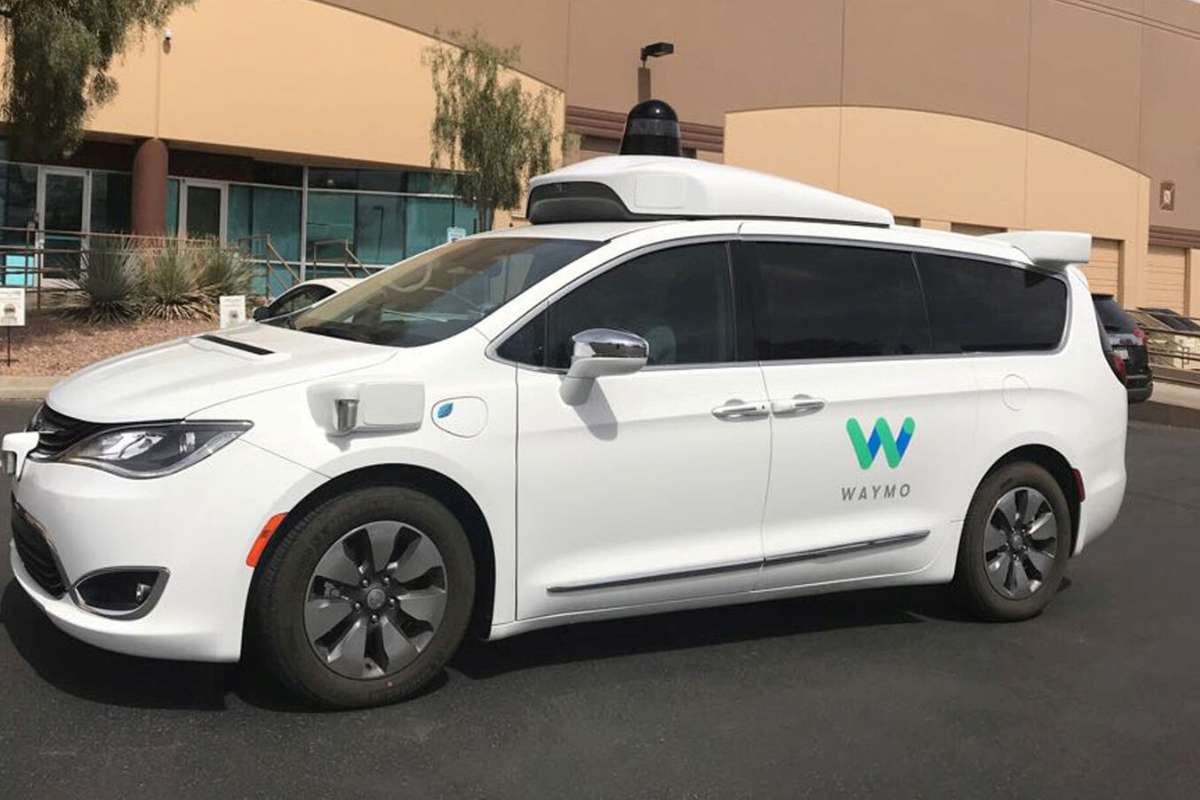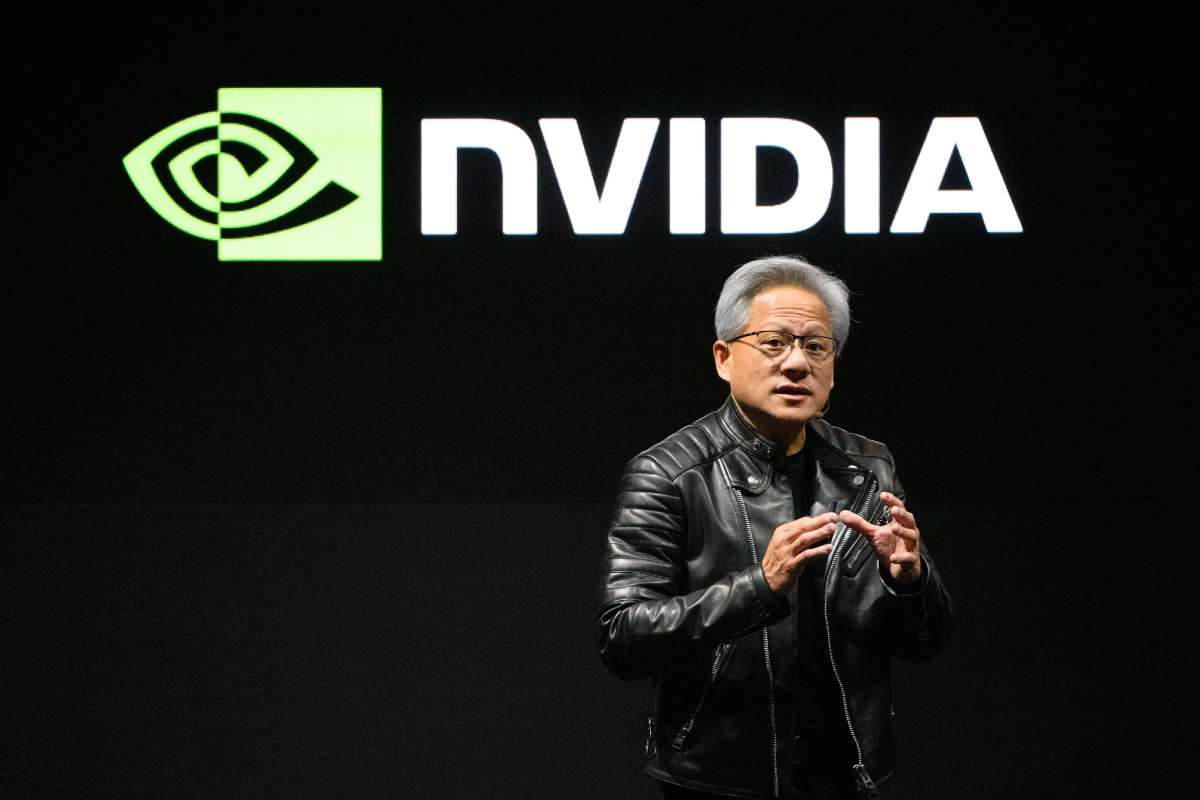Waymo Robotaxi, a subsidiary of Alphabet, has announced its plans to begin testing autonomous vehicles in Tokyo in early 2025, marking the company’s first international expansion. While the Robotaxi developer has not yet committed to launching commercial services in the city, this move signals a major step toward expanding its global footprint.
Partnership with Japanese Taxi Operators
Waymo will partner with Nihon Kotsu, Japan’s largest taxi operator, and the taxi app GO to kick off its testing phase. Initially, Waymo’s Jaguar I-PACE vehicles will be manually driven by Nihon Kotsu drivers to map key areas of Tokyo, including districts like Minato, Shinjuku, Shibuya, Chiyoda, Chūō, Shinagawa, and Kōtō. These test drives will provide essential data to train Waymo’s artificial intelligence systems to navigate Tokyo’s roads efficiently.
In parallel with mapping the streets of Tokyo, Waymo will also conduct tests on a specialized closed course in the United States. This course will replicate Japanese driving conditions, helping the company prepare its self-driving technology for real-world scenarios in a left-hand traffic market like Japan.
Waymo Robotaxi said that this initial phase of testing and data gathering, which will last several quarters, is a crucial step toward understanding Tokyo’s transportation landscape. The company also stated that it plans to remain in Japan for an extended period to evaluate how its autonomous services can benefit local communities.
Nihon Kotsu will play a critical role in overseeing the management and servicing of Waymo’s vehicles throughout the testing phase.
Strategic Expansion in the U.S. and Beyond
This announcement follows a series of expansions by Waymo across the United States throughout 2024. Earlier this month, the company revealed plans to begin testing its self-driving vehicles in Miami in 2025. In November, Waymo’s driverless ride-hailing service became fully operational across Los Angeles, and in September, the company announced its planned expansions into Austin and Atlanta through a partnership with Uber.
Waymo’s move into Tokyo is particularly significant as it marks the company’s entry into a left-hand traffic market for the first time.
Japan’s Focus on Driverless Technology
Japan has emerged as a key market for autonomous vehicle technology, driven by the need to address challenges like an aging population and labor shortages. Both the Japanese national government and the Tokyo Metropolitan government have been actively promoting driverless transportation as a solution. Tokyo has designated specific test zones to accelerate the development of safe self-driving systems in the city.
Several domestic companies are also working on autonomous vehicle projects in Japan. Local startup Tier IV and robotics company ZMP are testing delivery vehicles and buses in Tokyo, while Monet Technologies, partly owned by Toyota, announced plans earlier this year to test a self-driving taxi service in Tokyo’s Odaiba district.
Competition and Market Landscape
Waymo Robotaxi’s expansion into Japan comes at a pivotal time in the autonomous vehicle industry. Just a week prior to the announcement, General Motors revealed it would shut down its Cruise Robotaxi division. Cruise, which had been a major domestic competitor to Waymo, faced significant setbacks leading to its closure.
Honda, an investor in Cruise, had initially planned to launch a driverless ride-hailing service in Japan by early 2026. However, following GM’s retreat, Honda stated that it would reassess its plans and make necessary adjustments.
Future Prospects for Waymo in Japan
With strong government backing and a growing focus on driverless technology in Japan, Waymo’s entry into Tokyo’s market positions it well for future opportunities. The partnerships with Nihon Kotsu and GO, combined with data gathered through extensive testing, will help Waymo fine-tune its autonomous systems to navigate the complexities of Tokyo’s urban environment.
As Waymo Robotaxi begins its operations in Tokyo, the company will explore how autonomous vehicles can integrate into the city’s existing transportation ecosystem. This move not only highlights Waymo’s ambition for international expansion but also underlines Tokyo’s role as a testing ground for cutting-edge mobility solutions.











